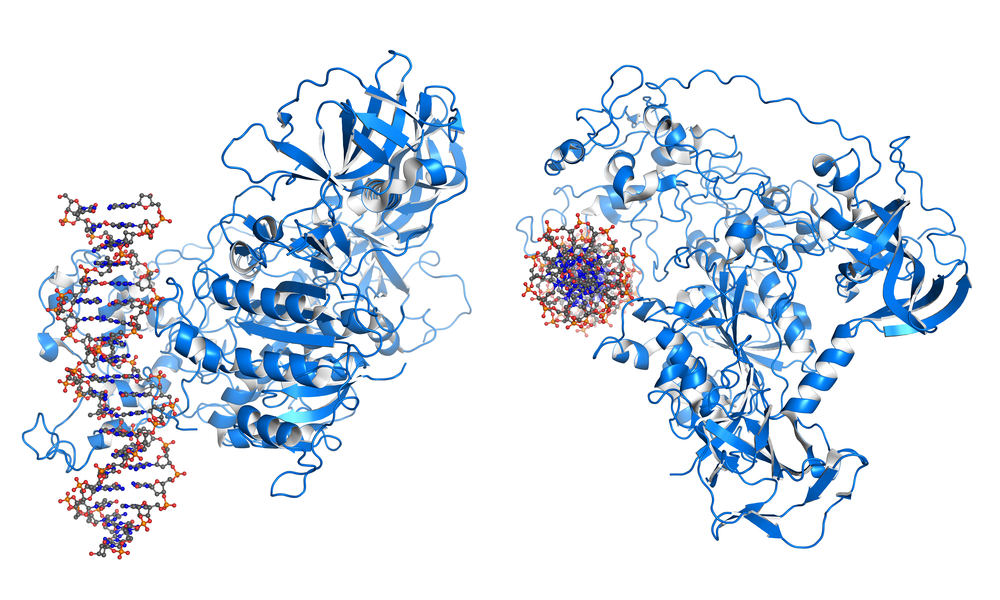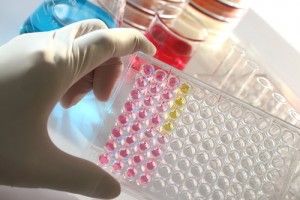SMA Severity Correlates with DNA Methylation
Written by |

 Patients with spinal muscular atrophy (SMA) are subdivided into four categories based on disease severity and age of diagnosis, with type I the most severe and diagnosed in infancy and type IV the least severe and diagnosed in adulthood. It is known that the copy number of SMN2 genes is greater in patients with less severe disease, allowing for more full-length and functional survival of motor neuron (SMN) protein production. A recent study showed that not only copy number, but also methylation level, of the whole genome of patients with SMA may influence SMA severity.
Patients with spinal muscular atrophy (SMA) are subdivided into four categories based on disease severity and age of diagnosis, with type I the most severe and diagnosed in infancy and type IV the least severe and diagnosed in adulthood. It is known that the copy number of SMN2 genes is greater in patients with less severe disease, allowing for more full-length and functional survival of motor neuron (SMN) protein production. A recent study showed that not only copy number, but also methylation level, of the whole genome of patients with SMA may influence SMA severity.
DNA methylation, which is the attachment of a methyl chemical group on segments of DNA, occurs on CpG islands in the genome. “Whole genome methylation analysis revealed 40 CpG sites associated with genes that are significantly differentially methylated between SMA patients and healthy individuals of the same age,” wrote Dr. Galina Y. Zheleznyakova, lead author of “Methylation Levels of SLC23A2 and NCOR2 Genes Correlate with Spinal Muscular Atrophy Severity,” which was published in PLOS One.
The 40 CpG sites, as well as the CpG islands in regulatory regions around six specific genes (ARHGAP22, CDK2AP1, CHML, NCOR2, SLC23A2 and RPL9) were designated as targets for characterizing differential methylation levels in three groups SMA patients. “Of notable interest, compared to type I SMA male patients, the methylation level of a target CpG site and one nearby CpG site belonging to the 5’UTR of SLC23A2 were significantly hypomethylated 19–22% in type III-IV patients,” wrote Dr. Zheleznyakova, who works with principal investigator Dr. Helgi B. Schiöth in the Department of Neuroscience at Uppsala University in Sweden. “In contrast to type I SMA male patients, type III-IV patients demonstrated a 16% decrease in the methylation levels of a target CpG site, belonging to the 5’UTR of NCOR2.”
[adrotate group=”3″]
In other words, by having lower methylation of particular genes, patients with SMA type III-IV are able to express these genes at higher levels than patients with higher levels of methylation. Healthy individuals who are not affected by SMA also have lower methylation levels, suggesting that patients with SMA type III-IV are similar to healthy individuals in terms of DNA methylation.
The genes designated as targets play various roles in protein expression. Some regulate the expression of histone deacetylase (HDAC) inhibitors, which are the main agents under study for SMA treatment, supporting further investigation of these therapies in SMA research.






